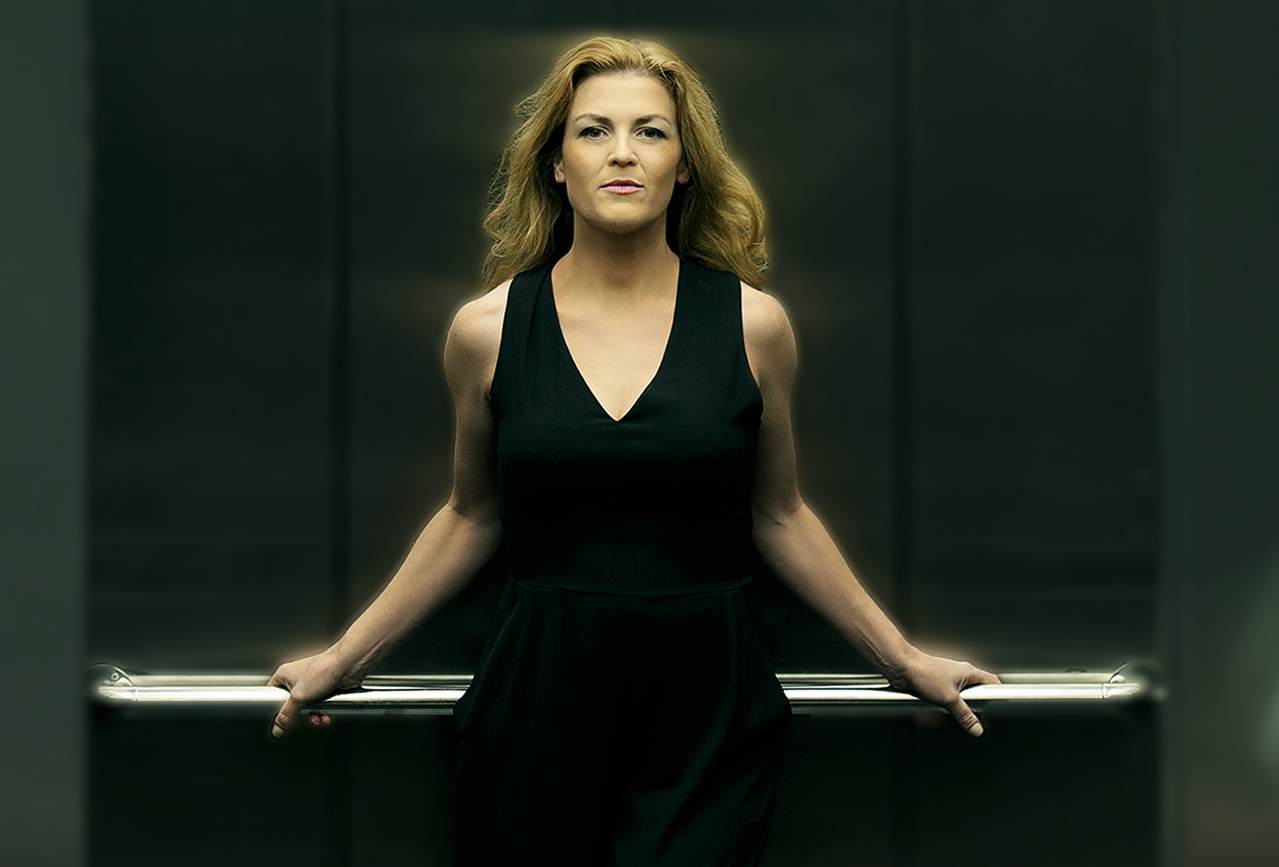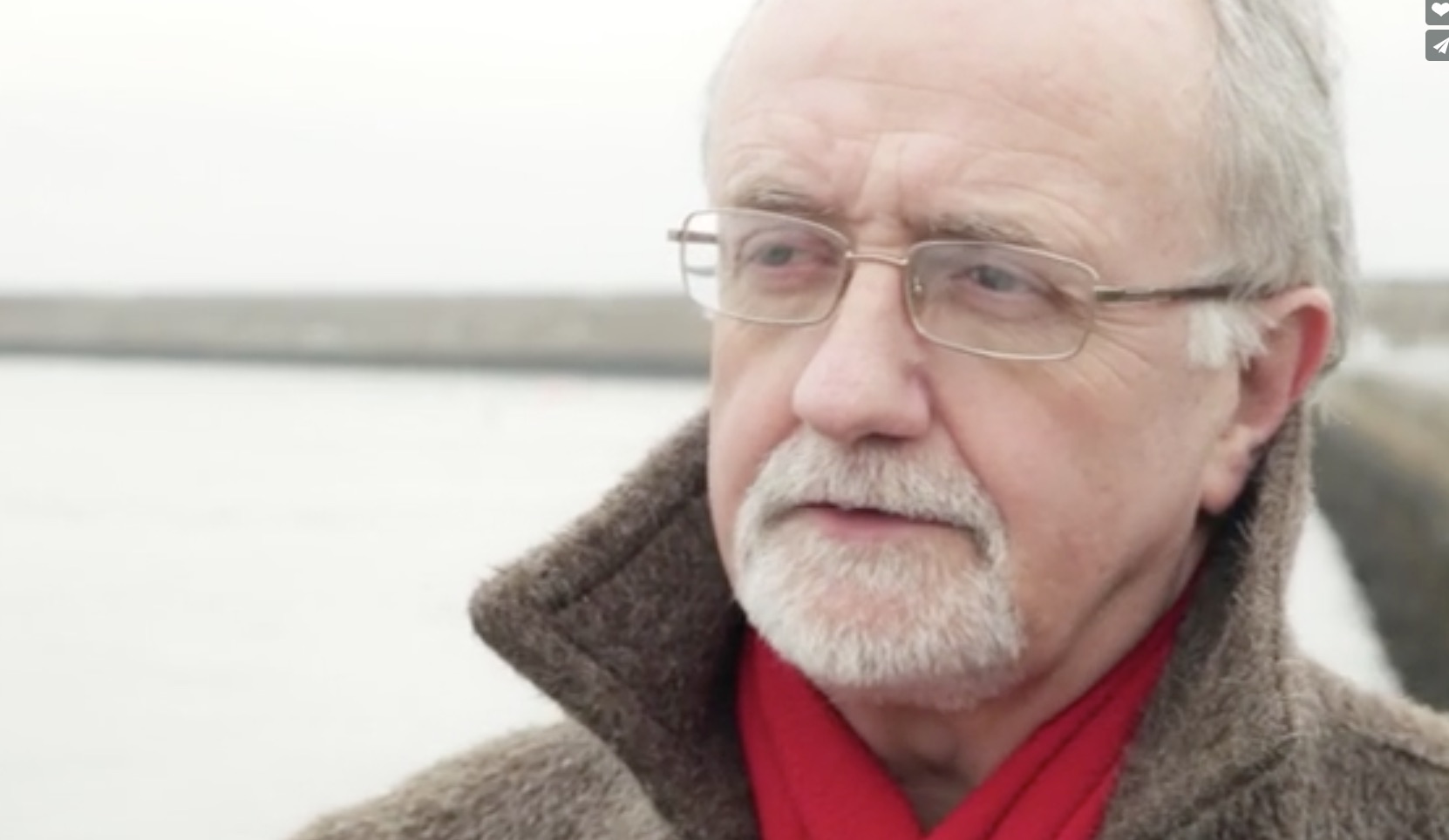Raymond Deane talks about his new string quartets
Raymond Deane’s fifth string quartet with soprano Sylvia O’Brien is premiered in Achill on 12 August, and is followed by the premiere and tour of another new quartet by the RTÉ ConTempo quartet this autumn. The composer spoke to CMC about these new works and some of his other current projects.
Your fifth quartet for soprano Sylvia O’Brien and string quartet is being premiered this month. How did this work come about?
The full title is Siberia: String Quartet V with solo soprano. For years I’d wanted to compose something based on James Clarence Mangan’s extraordinary poem Siberia, which is less about a place in Russia than a place in the human mind, but which is also an evocation of the Irish famine and hence, for me at any rate, a deeply political poem. At last in 2012 I started drafting a piece in the tradition of Schoenberg’s 2nd Quartet, which also introduces soprano; I hoped in vain that a commission might be forthcoming, but when this didn’t happen I completed the piece anyway. I always had Sylvia O’Brien in mind for the voice part.
The work is being premiered on Achill Island, where you spent your early childhood. Did you ever think that over 50 years later you’d be having one of your works premiered here?
You know, I would probably have been very surprised to think that it would take more than half a century for any of my works to be performed there, let alone premiered! In the event, I’m particularly happy about the location of the concert: St Thomas’s Church is quite close to the ruined Deserted Village, a relic of the famine period. Also, the concert is being organised by the Heinrich Böll Association in the centenary year of that writer, whose work I greatly admire. Last year I gave a piano recital in Königswinter as part of an “Achill weekend” celebrating Böl’s association with the island, and met his son René, a fine artist much of whose work is linked to Ireland and Achill in particular.

Sylvia O'Brien, soprano, who will premiere Raymond Deane's fifth string quartet with the Wolfgang Ensemble in Achill Island on 12 August
You have also written another quartet, your sixth, which will be premiered and toured by the RTE ConTempo quartet this autumn. Is this piece related in any way to the fifth quartet?
No, except insofar as both are very concentrated and intense. But let me qualify this: I think of both works and their immediate predecessor Quadripartita (see my next answer) as works with a political context, remote but real. Quadripartita was inspired by aspects of the life-story of the 19th century French socialist revolutionary Blanqui. The sixth quartet came into being after I had reluctantly abandoned work on an abortive operatic project based on the life and death of the poet and dramatist Ernst Toller, another socialist martyr, if you like. I used none of the material that I had composed for that opera, but certain structural and emotional aspects of it definitely infiltrated the quartet. The latter was composed over a relatively short period, quite compulsively. Siberia was a slower process, and is also a longer work.
Your third and fourth quartets date from 2000 and 2001, and were also written close together. Is this a coincidence or because you prefer focusing on one particular form in a given period?
The third and fourth quartets were commissioned one after the other - I was a little disconcerted to have to direct my attention to the same medium within such a short period, but composers can’t look a gift-horse in the mouth. In the present case, there was also the above-mentioned Quadripartita, commissioned for Malachy Robinson’s “panoramic quartet” - violin, viola, cello and double-bass - which I composed in 2012. So, in effect: three quartets in four years. Furthermore, the sixth quartet forced itself on me and I actually hinted to RTÉ that a commission might be a nice idea - I was gobsmacked when it was forthcoming!
The string quartet has spanned your compositional career, with one of your earliest works Embers composed for string quartet. Is it a form you’re particularly drawn to, both as a composer and a listener?
Embers, which is also being played in the Achill concert, was composed for quartet because that was the ensemble that was proposed to me back in 1973. Composers’ decisions are as often pragmatic as they are principled. But there is definitely something special about the string quartet - it’s possibly the quintessential (I try to avoid the word “iconic”) classical medium and yet has generated some of the most revolutionary works in musical history: Mozart’s Dissonance Quartet (the third work in our Achill concert), Beethoven’s late quartets, Bartok’s sixth, the quartets of Carter and Feldman. It’s synonymous with concentration and exposure - you can’t hide, whether you’re a player or composer.
Opera has also featured recently in your work, and you have been working on a new opera. Tell us about this project.
It’s based on an early radio play by Emma Donoghue, ingeniously adapted as a libretto by Renate Debrun, about one of the only two recorded witchcraft trials in Ireland, that of Florence Newton (“the witch of Youghal”) in 1671. It’s been commissioned by Opera Collective Ireland - in fact it was one of the two successful recipients of the Arts Council’s first dedicated opera commission scheme - and it now looks as though the premiere will be in 2019. Again, there’s a political subtext - or several of them - concerning colonialism, and the exploitation for ulterior motives of credulity and superstition. There are six voices, and a chamber orchestra of 13 musicians including accordion and Irish harp. I’m rather proud of the fact that not a single character dies in any of my 3 previous operas; whether or not this one continues that tradition depends on whether one assumes that Florence is hung in the end. Since there’s no record either way, I like to assume she survived - but it’s doubtful.

